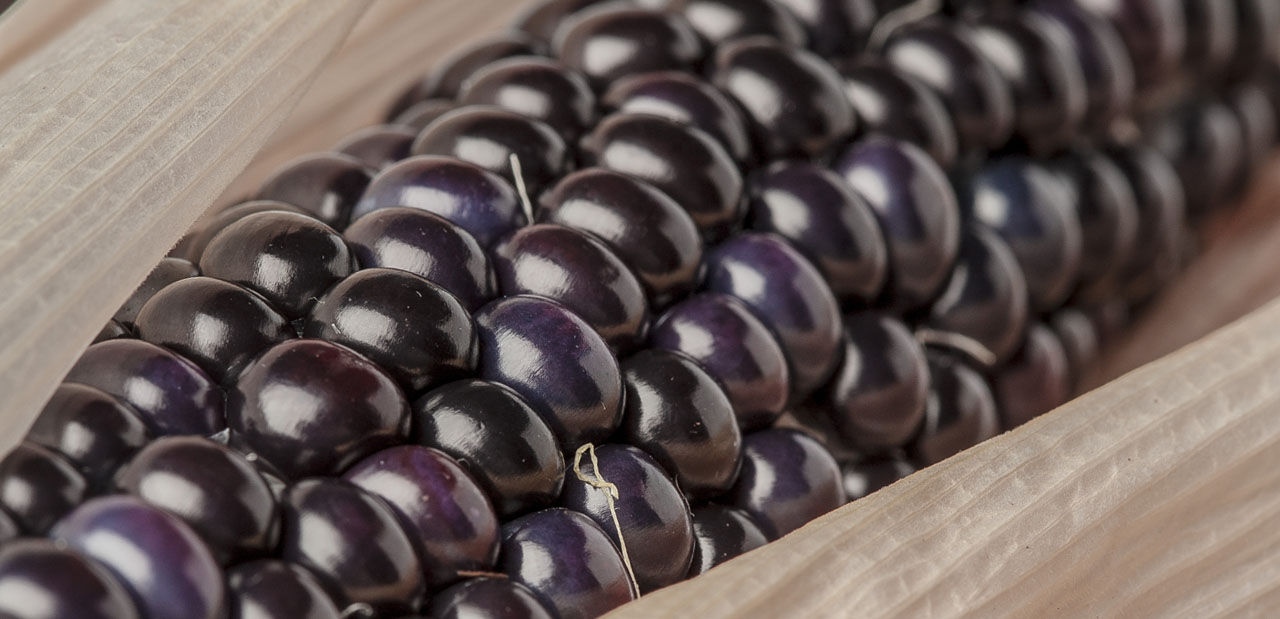Organics: Re-creation and the Growth of Organics
Posted by Dani Kusner, Agronomist on August 10, 2020

August, while not a huge holiday month, is still full of tradition for most families: taking that last family vacation before school starts, enjoying the summer harvest abundance – tomatoes, peppers, squash, beans – before cooler temperatures roll in, and late summer ice cream cones are all savored before returning to the regularity of routine and grain harvest just around the corner. However, with a pandemic in 2020 and the "re-creation" of what is normal for most families, this August and ensuing fall will likely look much different.
While so much has changed and continues to change in less than a year’s time, some things have not. Creative entrepreneurship and innovation will continue to fuel adaptation and solutions for these times. Like any business, farmers will only be limited in their imagination to reinvent new ways of bringing value to their customers, a hungry population. As August is sometimes the summer doldrums for that getaway vacation or stay-cation before the busyness of fall, it is never too early to start thinking about the next growing season and how one might change and adapt, considering all that COVID-19 has taught us so far. Maybe we can even dream a little…
One thing that hasn’t changed in 2020 is the demand for organics continues to grow. Recent analysis from The Organic Trade Association’s (OTA) 2020 Organic Industry Survey shows 4.6% growth in organic food sales in 2019, breaking the $50 billion mark for the first time. This was double the overall food market (conventional) growth of 2.3% for the year. The OTA survey also measured organic non-food items, which includes anything from organic vitamins and cleaning products to personal care and bedding and everything in between that is not edible. This category had 9.2% growth, for a total of $5 billion in sales. The 2019 total of organic food and non-food sales was a record $55.1 billion. OTA also commented that while this survey was completed prior to COVID-19, many have reported substantial increases in organic sales during the pandemic, potentially proving that those who can afford to feed their families the highest quality, perceived healthier ingredients, will do so. As mentioned in my previous posts, home-grown gardens, farmers’ market attendance, and community supported agriculture (CSA) all embody the 'buy local/know your farmer' concepts, and these are all showing increases.
With this positivity in organic growth, how can we imagine and re-create our food system post-COVID-19 with both organic and conventional ag? I was talking to one of our conventional fertilizer dealers last week who is not dealing with many organic farmers or products, but he is passionate about health. He sees the connection between conventional ag and organic to be that the organic system can teach conventional a lot about more regenerative and healthy practices for the soil and resulting food quality. He was concerned about increased chemical use and degradation of soils, and in my conversations with conventional farmers across the country, he is not alone. Can fewer chemicals produce more nutrient-dense food, thereby improving human health? Can longer rotations, adding a small grain crop, or choosing a less salt-based fertilizer radically improve the productivity of a farm? These are organic principles that could be applied to conventional acres without an official conversion to organic. This dealer and many farmers are asking these questions that might lead to a healthier and more resilient food system for all of us. While not health-focused, The National Farmers’ Union comments on ag innovation last week included surprising emphasis on climate change and shifting the nation’s ability to oversupply commodities.
In summary, organics is a beaming, bright spot amidst the uncertainties of COVID-19. I believe these times are calling Americans to reimagine our food systems, rather than focusing on the fear or unknown. Just like that conventional fertilizer dealer, with health as a shared goal, farmers can be a part of the solutions that might help diversify risk and improve health, as individual farms and as a nation. The Andersons is committed to supporting a safe and reliable food supply. Organics can continue to be a growing part of the supply chain.
FOR MORE INFORMATION:
Please complete the form, and we’ll get you in touch with your Territory Manager from The Andersons.

Dani Kusner has worked in biological and organic farming systems since graduating from the University of Dayton with a Bachelor of Science in sustainability studies. She worked at the Rodale Institute and consulted with growers in both Canada and the United States. Dani worked for The Andersons from 2016-2021 and is still an active advocate and resource for organic growers.
©2020 The Andersons, Inc. All rights reserved.


